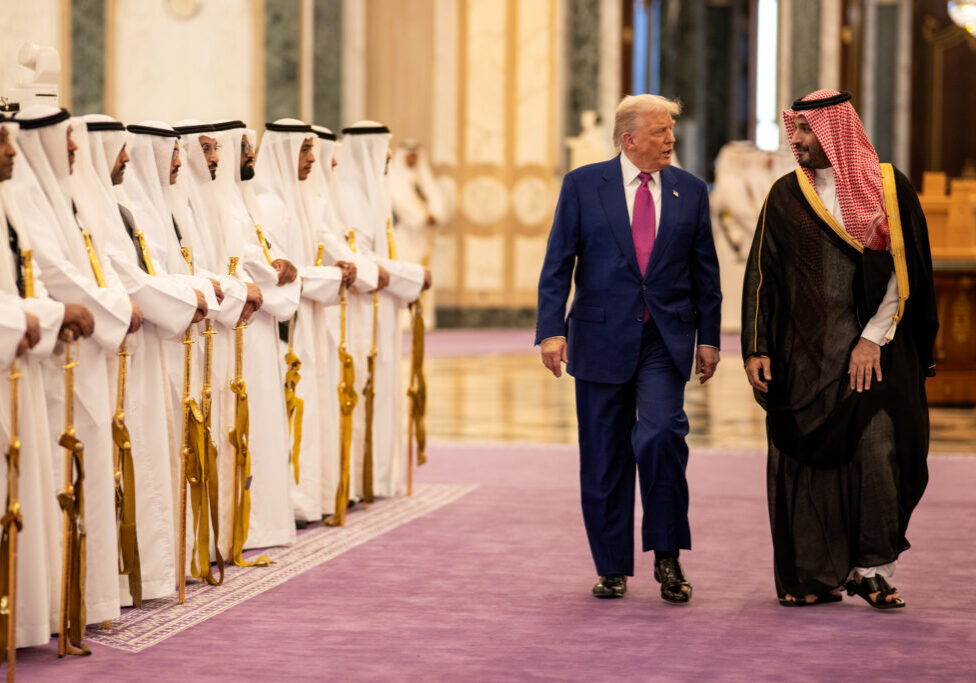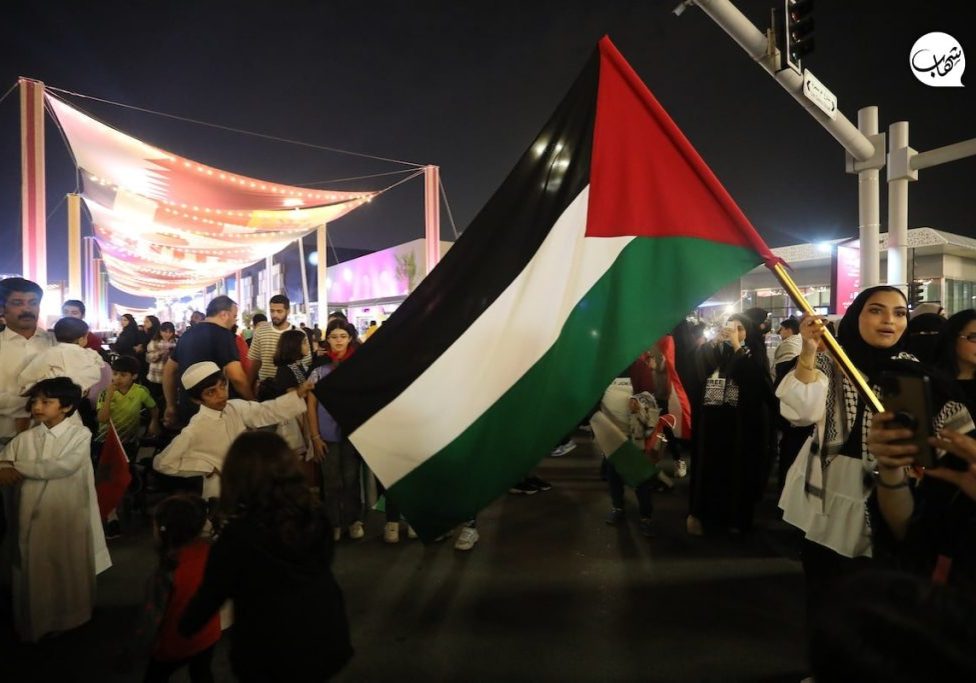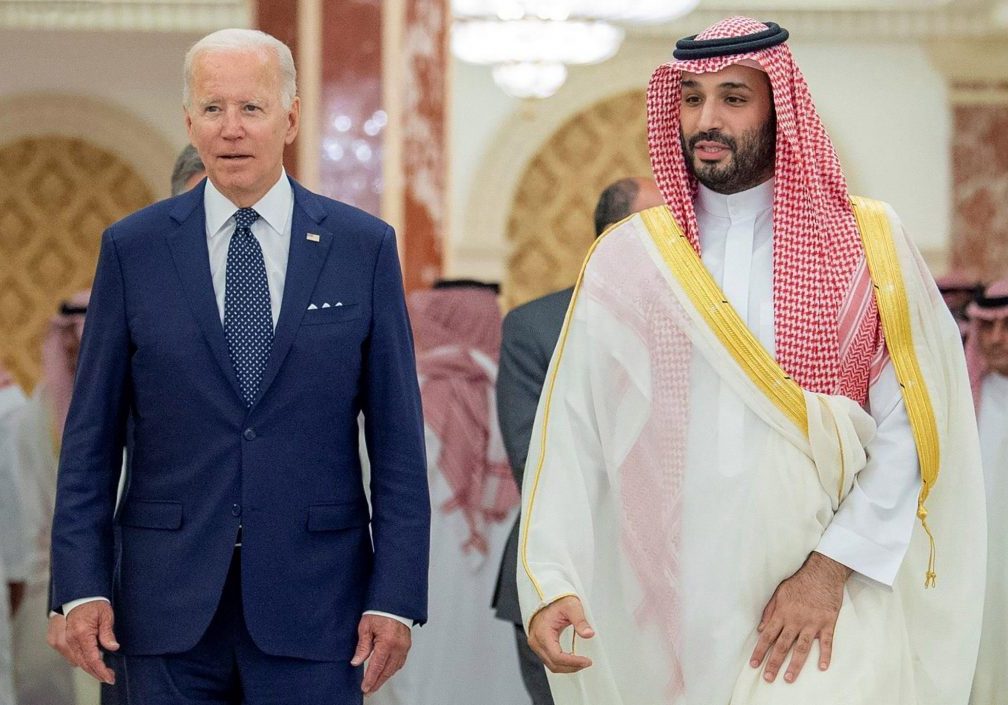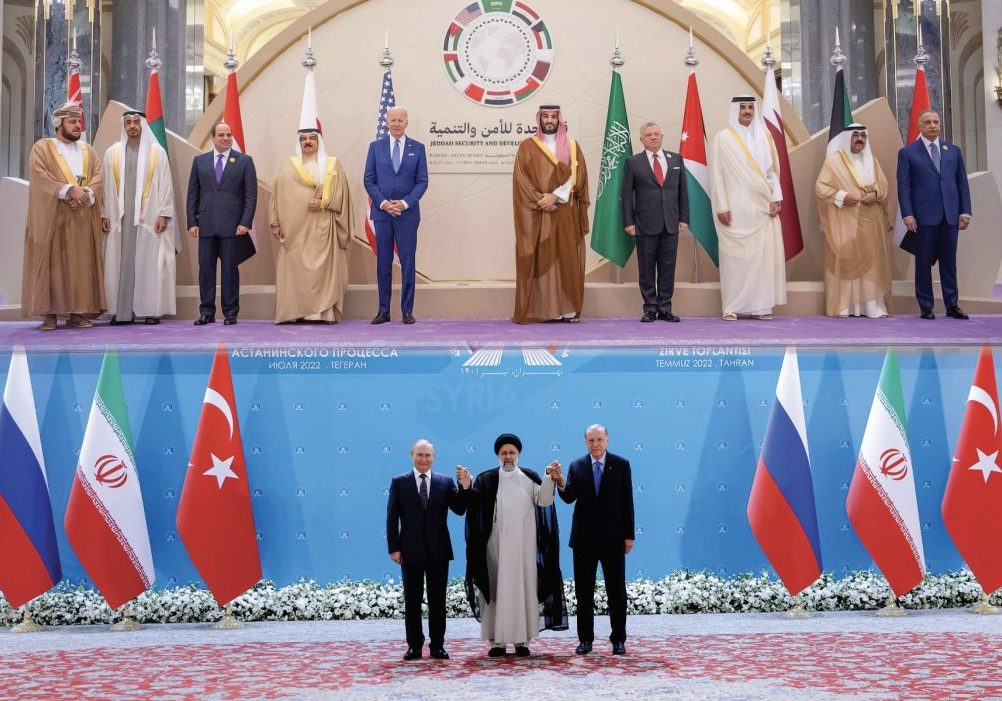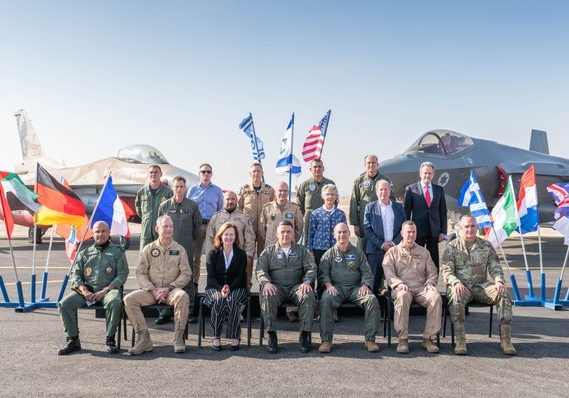Australia/Israel Review
Coming soon – a Nuclear Middle East
Mar 1, 2018 | Ran Porat
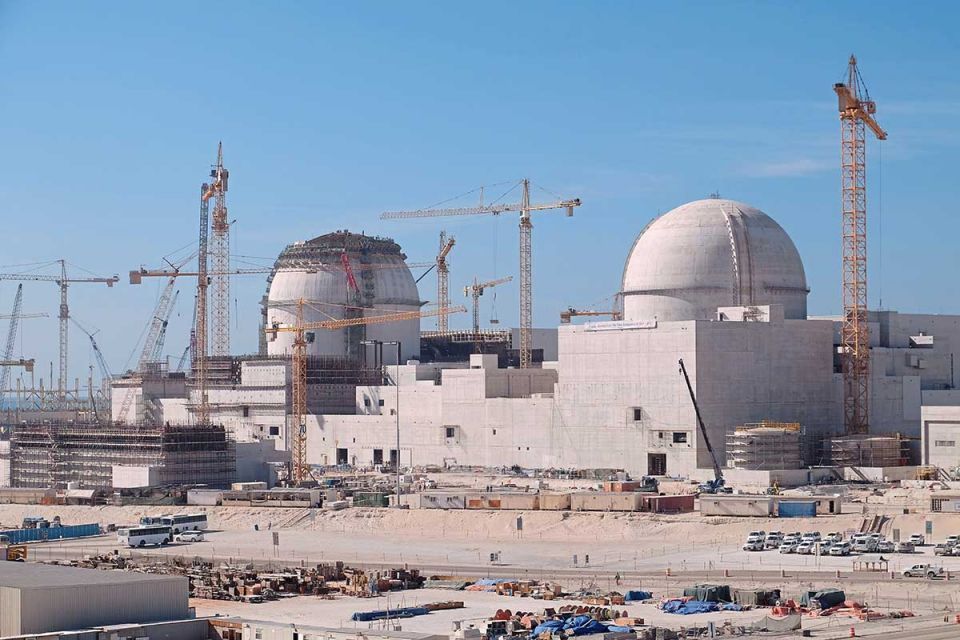
Ran Porat
A new Israeli report (February 2018) reveals a dramatic trend of expanding nuclear capabilities among Arab countries over the next few years. Former senior IDF officer and leading security expert Sha’ul Shay from the Herzliya Institute for Policy and Strategy (IPS) reveals a surge in the number of research and power-generating nuclear facilities about to be erected in the Middle East and North Africa. Dozens of nuclear reactors are in various stages of planning in the UAE, Egypt, Saudi Arabia, Jordan, Algeria, Tunisia and even Sudan (led by the wanted war criminal, Omar al-Bashir).
Two notable trends emerge from Shay’s report. The first is that the nuclear arena reflects Russia’s growing influence over the Middle East. By exporting nuclear facilities, Moscow is complementing its show of “hard” military and diplomatic might in Syria with economic “soft” power. Russia is the contractor building most of the reactors (South Korea is constructing the others, but has far fewer contracts), and will continue to supply the numerous advisors, materials and equipment needed for the ongoing operation of these facilities by its local clients for decades to come.
In addition, the report also highlights a trend toward increased nuclear cooperation between Arab and Muslim nations in the form of bilateral agreements. Saudi Arabia is a party to most of these agreements, separately signing nuclear cooperation agreements, for example, with both Egypt and Jordan.
The drive for nuclear power is purportedly motivated by a growing need in these developing economies for a reliable energy source to meet increased demand in the future. Yet, as always in the Middle East, there is much more here than meets the eye. Many of these countries are fossil fuel rich countries and at the same time, have also pledged to move their power production over the next decades towards sustainable renewable energies. So why are they now opting for costly nuclear plants – together with the nuclear waste problems such facilities produce?
The real motivation is the perception that atomic capabilities amount to “a status symbol and a response to the Iranian nuclear program”, according to Shay. He is echoing the sober warning given by Israel’s then defence minister, Moshe Ya’alon, in 2016: “We see signs that states in the Arab world are planning to acquire nuclear weapons, because they are unwilling to sit quietly alongside a nuclear Iran or [an Iran] on the verge of a nuclear bomb.”
Iran’s long shadow is evident as the major catalyst for the increased Arab push for nuclear power. Teheran’s frantic race for nuclear capabilities and the nuclear agreement it signed with the international community – the Joint Comprehensive Plan of Action (JCPOA) – are major reasons for the urgency among Middle Eastern countries to possess their own nuclear plants and nuclear know-how. It is a strategic move meant to balance the further empowerment of the Shi’ite regime, as supported by its nuclear aspirations, by introducing balancing Sunni nuclear capabilities.
In that context, the JCPOA has become a double-edged sword. If Iranian compliance and the quality of monitoring on the Iranian nuclear project are adequate, the agreement may be effective in delaying Teheran’s efforts to achieve a bomb within a decade – until its sunset clauses kick in. Yet at the same time, the agreement gives rival Sunni Arab neighbouring countries more time to gradually and thoroughly develop nuclear capabilities of their own.
This explains Saudi Arabia’s recent heavy investment in nuclear power for itself and other allied Sunni Arab nations. The Saudis also have well-known ties to Pakistan’s nuclear establishment, after historically providing financial support for the creation of the latter’s “first Muslim nuclear bomb”. Some reports suggest that Saudi assistance to Pakistan was in exchange for a promised “nuclear umbrella” to be provided if or when Iran crosses the nuclear threshold. That may mean Pakistan would be supplying the Saudis with gift-wrapped and ready to use nuclear warheads, or simply openly offering a public Riyadh-Islamabad alliance as a counterweight to Iran.
Following the Iranian example, Arab leaders know that the first step on the road towards atomic weapons is a civilian nuclear sector. Theoretical knowledge and practical experience accumulated in setting up and operating power and research nuclear facilities is priceless if or when a state wants to ‘take the leap’ into a military nuclear program. Furthermore, knowledge accumulated through hands-on experience cannot be erased with airstrikes.
Middle Eastern leaders have also learned from the Iranian (and North Korean) examples that tactics of concealment and double-talk can long delay any repercussions for illicit nuclear efforts.
Worse, they see the resounding failure of the international non-proliferation regime to effectively halt or contain any rogue government which is truly determined to acquire a nuclear bomb. In that regard, the impotence of the International Atomic Energy Agency (IAEA), the US and the West was embodied in the almost relentless drive over recent decades to “persuade” Iran to negotiate an agreement, any agreement, over its nuclear program, faulty as that agreement might be.
What do the Arab leaders learn when they examine the JCPOA and the negotiations that resulted in its birth? For them, it is a clear illustration of how breaching international law and becoming a threat to world security means suffering nothing worse than verbal condemnation, yet all the while being courted and awarded prizes and enticements. Meanwhile, imposing serious consequences for reckless and dangerous behaviour, it has become obvious, requires an international consensus that is, at best, both difficult and very time-consuming to assemble.
A nuclear Middle East is a nightmare on so many levels. It is bad enough to imagine such capabilities at the fingertips of the non-democratic leaders of this very volatile and unstable part of the world. Just think of a scenario where weapons of mass destruction are in the hands of one of the terrorist groups that roam the area nowadays – often with state support. The idea of MAD – Mutual Assured Destruction – which prevented the Cold War between the US and the USSR from escalating into nuclear armageddon – is irrelevant for fundamentalist zealots praising death, and for international terror organisations which have no “homeland” on which retribution can be imposed.
Yet, the allegedly Gordian knot which emanates from Iran’s nuclear ambitions can be cut with enough determination. The first step to accomplish this must be a determined and powerful enforcement of the international arms control regime. The West must pressure Russia to impose highly intrusive monitoring mechanisms on Arab states now going nuclear (Of course, there is the rub – serious and genuine Western-Russian cooperation on this issue does not look likely in the near future). For example, any supply of nuclear advice, material or equipment to these countries should be conditional on signing, ratifying and adhering to the IAEA’s Additional Protocol, which sets-up comprehensive safeguard and monitoring practices on nuclear activities.
Even this is not enough by itself, and not just because the Protocol is imperfect and may be manipulated. It’s insufficient because Iran needs to be made an example of what happens to nuclear-aspiring countries that try to lie and cheat their way to a bomb. For that, pressure on Teheran needs to be maintained and even increased, and the JCPOA, which essentially makes an Iranian nuclear program completely “kosher” after a few short years, must be modified, supplemented or replaced. Above all, the sunset clauses of the agreement – allowing Iran to construct any nuclear infrastructure it wants after 10 or 12 years – must absolutely not be allowed to come into force as written.
Dr. Ran Porat is a researcher at the Australian Centre for Jewish Civilisation (ACJC) at Monash University.
Tags: Gulf states

